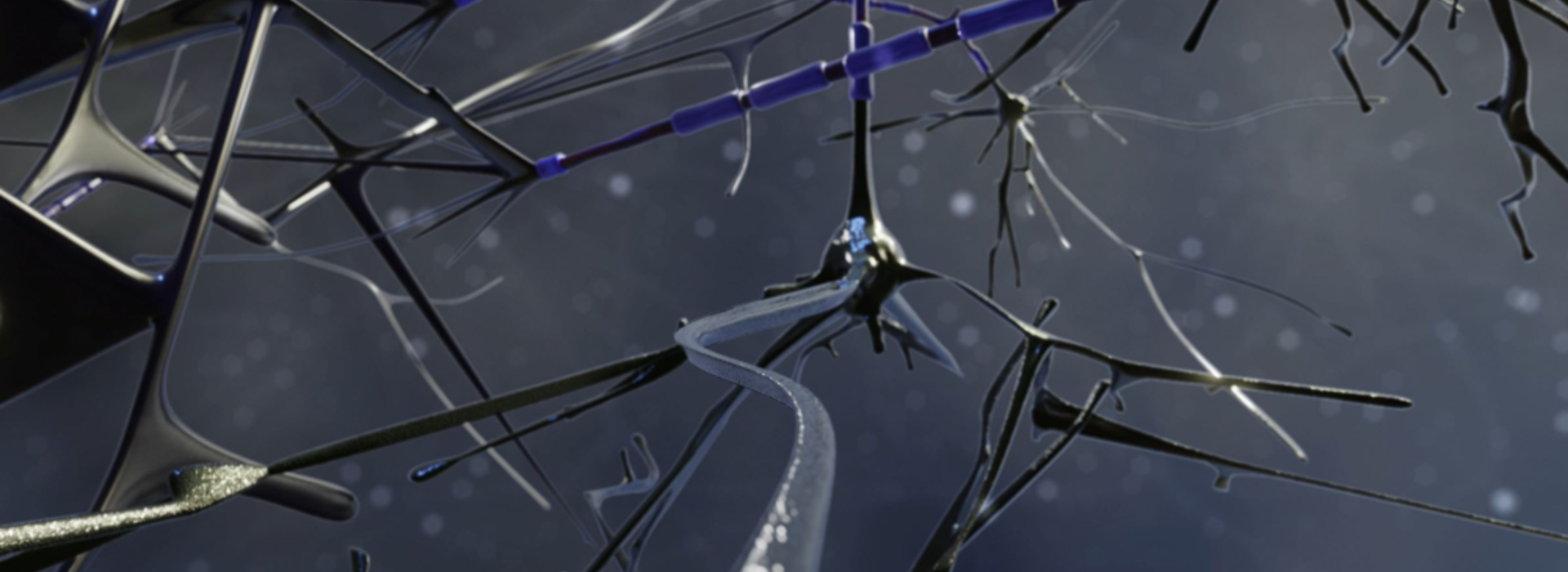
$100,000 awarded to U of M Center for Neural Circuits in Addictions for Continued Research on Neurostimulation as Addiction Treatment
An estimated 450,000 to 500,000 people in Minnesota struggle with substance use disorders, according to the Minnesota Department of Health. To try to combat this social issue, the Center for Neural Circuits in Addictions at the University of Minnesota Medical School was established in 2020. Director Mark Thomas, PhD, a professor in the Department of Neuroscience and director of the Medical Discovery Team on Addiction, and his team recently earned a supplemental grant of $100,000 from the National Institutes on Drug Abuse for further research into neurostimulation as a potential treatment for addiction.
“First, we need to try to understand the brain circuit changes that happen as a result of drug use and which of them might be related to addiction,” Dr. Thomas said. “As we begin to define those brain changes more specifically, we move into the realm of being able to target them with neurostimulation.”
According to Dr. Thomas, neurostimulation may not only be applicable for drug addictions, but behavioral addictions as well, such as food, sex, gambling or technology. His research follows the Medical School’s established reputation in brain imaging and neurostimulation research, specifically referencing the work done on the benefits of deep brain stimulation for patients with Parkinson’s disease.
“This is something that sounds like science-fiction, but it's been happening in other areas of neuroscience for decades,” Dr. Thomas said. “Those patients with Parkinson’s, who are not responsive to the dopaminergic drugs that are the main therapy for the disease, used to not have any other options that could target brain circuits for movement before neurostimulation technology was developed. Now, it’s routine to have a surgery that allows for deep brain stimulation that is able to turn uncontrollable tremors into more normal motor control.”
Research on neurostimulation as addiction treatment and relapse prevention is a project that various groups have been conducting over the past decade, but thanks to funding allotted to the Medical Discovery Team on Addiction during the last five years, they are now able to collaborate. In addition to continuing the work on which brain circuits are involved in addiction and how to stimulate them in beneficial ways, the new grant will provide the resources necessary to launch a supplemental project on community-based research to understand the points of view of people who would benefit from this treatment.
“What are their thoughts and feelings on whether they would be willing to have this therapy?” Dr. Thomas said. “It may seem obvious, but you can work for decades on a specific kind of treatment, and if people aren’t willing to accept that treatment for any number of reasons, then you should know sooner rather than later. We want to identify those concerns and try to work on them with patients.”
This new branch of research, spearheaded along with Alik Widge, MD, PhD, an assistant professor in the Department of Psychiatry, will partner with experts from the University of Washington and the Hazelden Betty Ford Foundation to focus on the bioethical concerns around using neurostimulation to address mental disorders.
“Parkinson’s disease is one thing — it is a neurodegenerative disease — because all potential side effects as well as whether or not the therapy is working are very easy to tell,” Dr. Thomas said. “But for mental disorders, it’s more challenging to know whether the stimulation is working. We wanted to reach out to people who might be candidates for using this therapy, should it exist, to see what their thoughts are on it.”
The next steps, according to Dr. Thomas, are to conduct the necessary interviews to determine concerns of potential patients and figure out how to address them. How they factor those concerns into the next phases of research, as well as development, will determine their success in implementing it in a sustainable way.